Sakaja Defends CBD Tent Removal as Effort to Restore Order in Nairobi
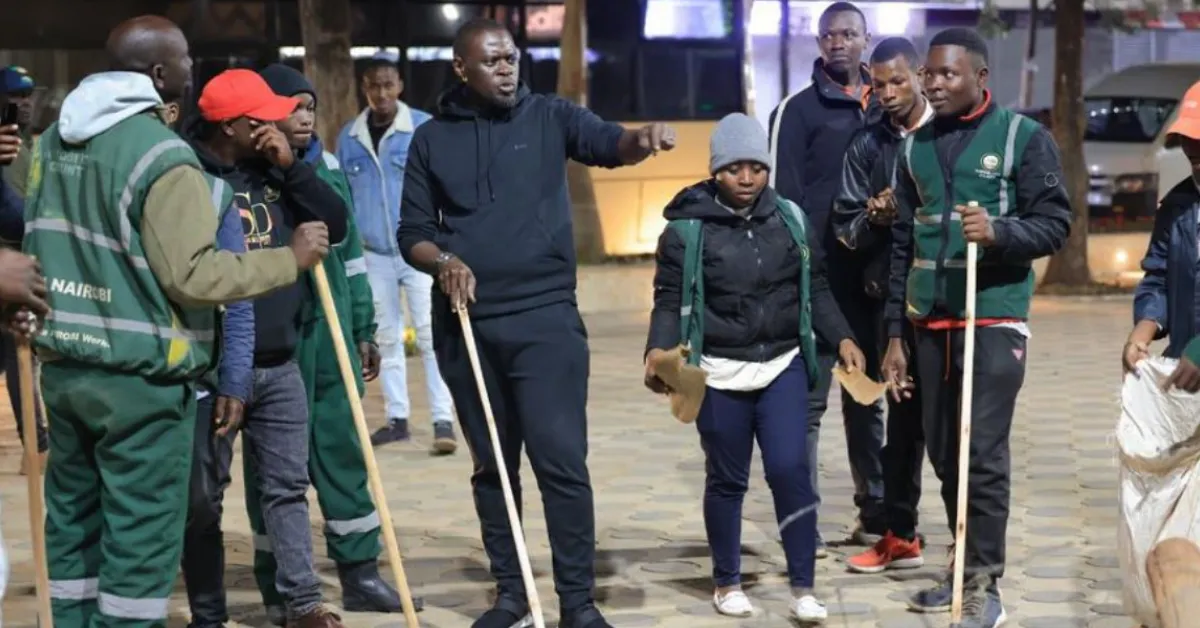
Nairobi Governor Johnson Sakaja has defended the removal of informal business tents from the Central Business District, saying the move is aimed at restoring order and improving the city’s appearance.
In a radio interview on Wednesday, 17 September, Governor Sakaja said the decision followed increased disorder in the CBD, where temporary tents, mainly used to sell mobile phones and various goods, had multiplied without regulation. He argued that the uncoordinated spread of these structures was causing congestion, compromising security, and undermining Nairobi’s image as the capital city.
“Everyone had set up ten tents, some selling phones and other items, without any structure,” Sakaja said.
He added that he had communicated his concerns to Defence Cabinet Secretary Aden Duale, stressing the need for proper organisation in the city centre. The governor pointed to the walkways near the Nairobi National Archives as an example of what the CBD could look like without unauthorised encroachments.
He said the county government plans to set aside designated areas for informal traders, aiming to strike a balance between supporting livelihoods and maintaining public order. The tents became more common after the COVID-19 pandemic, offering alternative income for small traders facing economic uncertainty.
However, their presence has drawn complaints from formal businesses, which pay rent and taxes. Many business owners said the tents created unfair competition and raised safety concerns, particularly regarding obstruction of emergency routes and the potential for criminal activity.
The county government has taken similar steps in recent months. Earlier this year, hawkers were barred from operating on key roads including Moi Avenue, Haile Selassie Avenue, Kenneth Matiba Road, and River Road. Traders were instead directed to less congested areas, such as the lanes connecting Tom Mboya Street to Kirinyaga Road.
The crackdown is part of a wider urban renewal plan. The county has also intensified efforts to remove illegal billboards, citing visual clutter and violations of advertising regulations. These actions follow infrastructure upgrades introduced in April 2024 by the Nairobi Metropolitan Service, including new pedestrian walkways and cycle lanes funded by Ksh8.7 billion from the United States government.

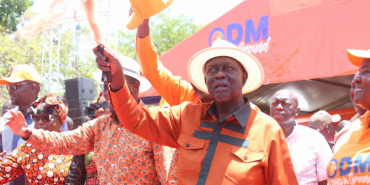
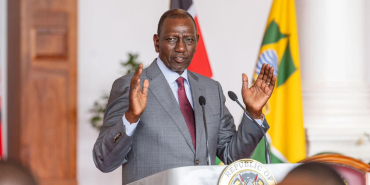
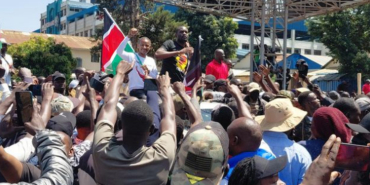




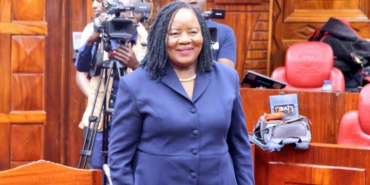





Add new comment